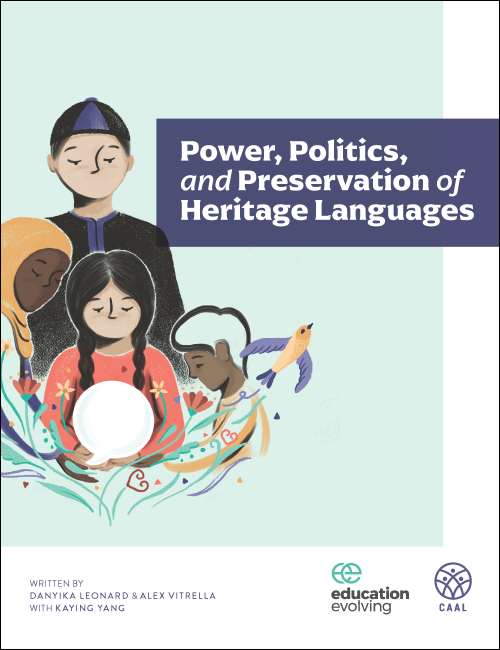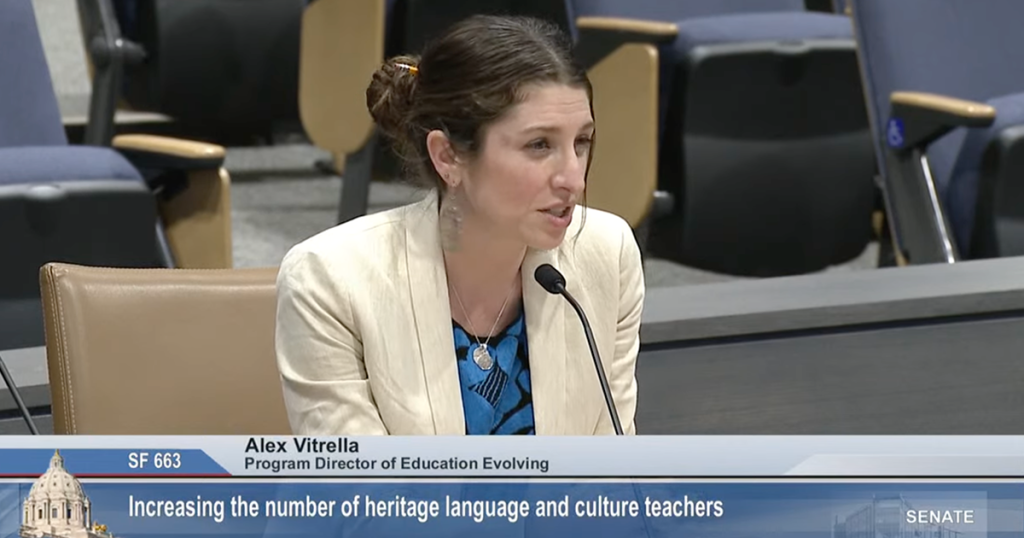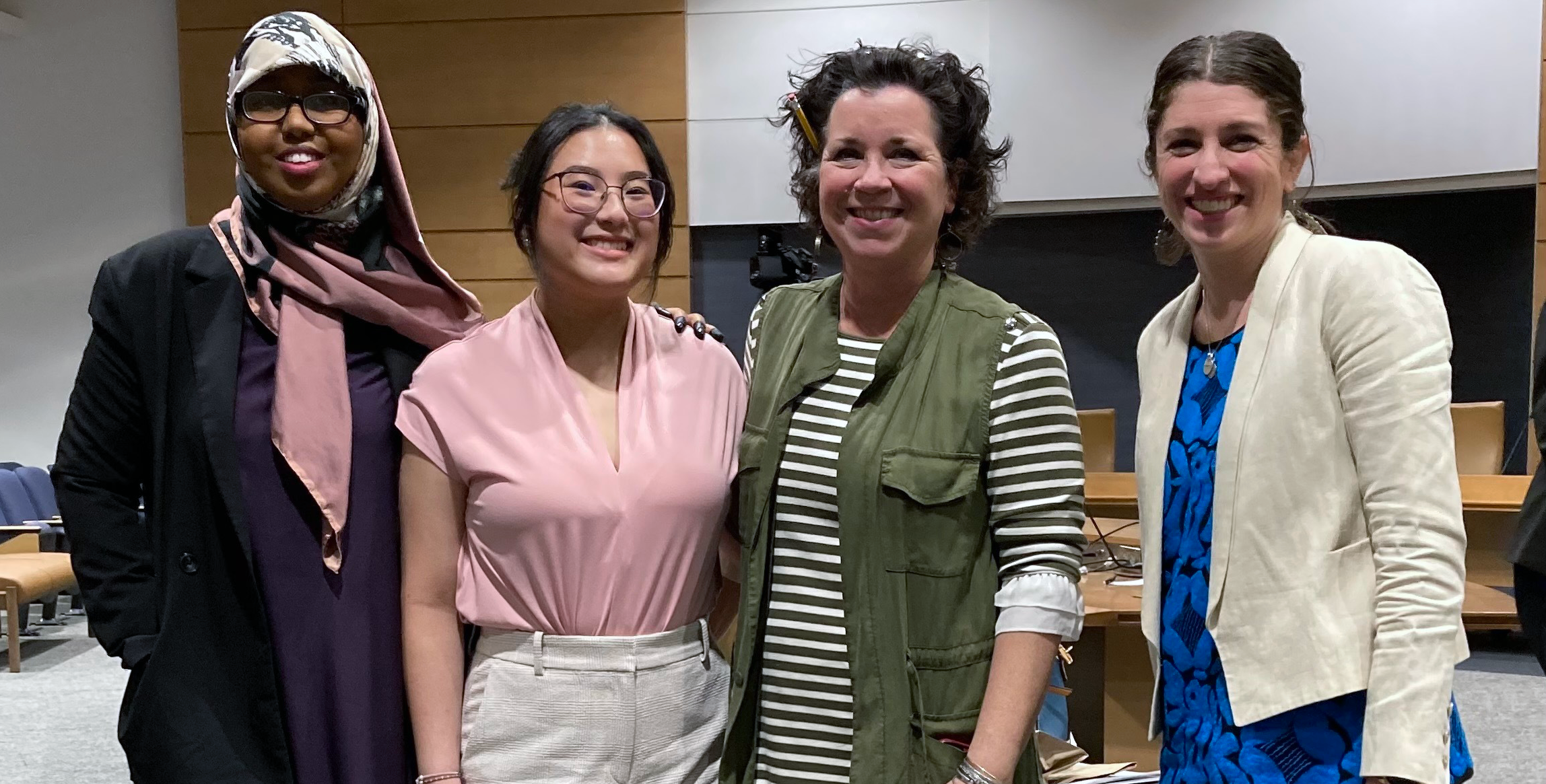A new bill provides formal support for heritage language teachers seeking a full license. EE testified before House and Senate committees last week in support of the legislation.
At issue
Current licensure routes for these teachers of less commonly taught languages are unattainable—especially for those already in classrooms.
 Related: Our 2020 paper on heritage language instruction, which laid the groundwork for this bill
Related: Our 2020 paper on heritage language instruction, which laid the groundwork for this bill-
- The bill creates alternate options for teachers to demonstrate competency in their home language and guarantees support and guidance from the state’s teacher licensing agency (PELSB).
- Long in the making: EE, in partnership with several heritage language teachers, spent years working with and urging PELSB to make this a priority.
Why it matters
Heritage language instruction is shown to increase academic achievement, build positive identity and belonging, and strengthen family and community involvement in school—all while making English easier to learn.
- 17% of MN students speak a heritage language, their home language or that of their wider community other than English—like Spanish, Somali, Hmong, and Karen.
“[Studying Hmong improved] my connection with my identity, culture, and specifically with my community,” testified Gaohlee Khang, a senior at Augsburg studying her home language who regretted Minnesota’s lack of similar opportunities in K-12.
Republicans in both chambers voiced support for the DFL-sponsored bill.
“Even though we are rural, my husband taught in an ESL classroom and they had 56 different languages,” said Rep. Mueller in thanking PELSB and advocates for the bill. “Parents are worried their children are losing their native culture and this is an exciting way for them to preserve that.”
What’s next?
The bill will go before education finance committees in the House and Senate. Expect to see it in a final education omnibus bill passed before the end of session.
- Special thanks: EE’s years-long advocacy on this issue was aided and inspired by two educators in particular: Deqa Muhidin, an ESL & Somali language program facilitator in Minneapolis; and Pang Yang, a Hmong language and culture professor and nonprofit leader.

